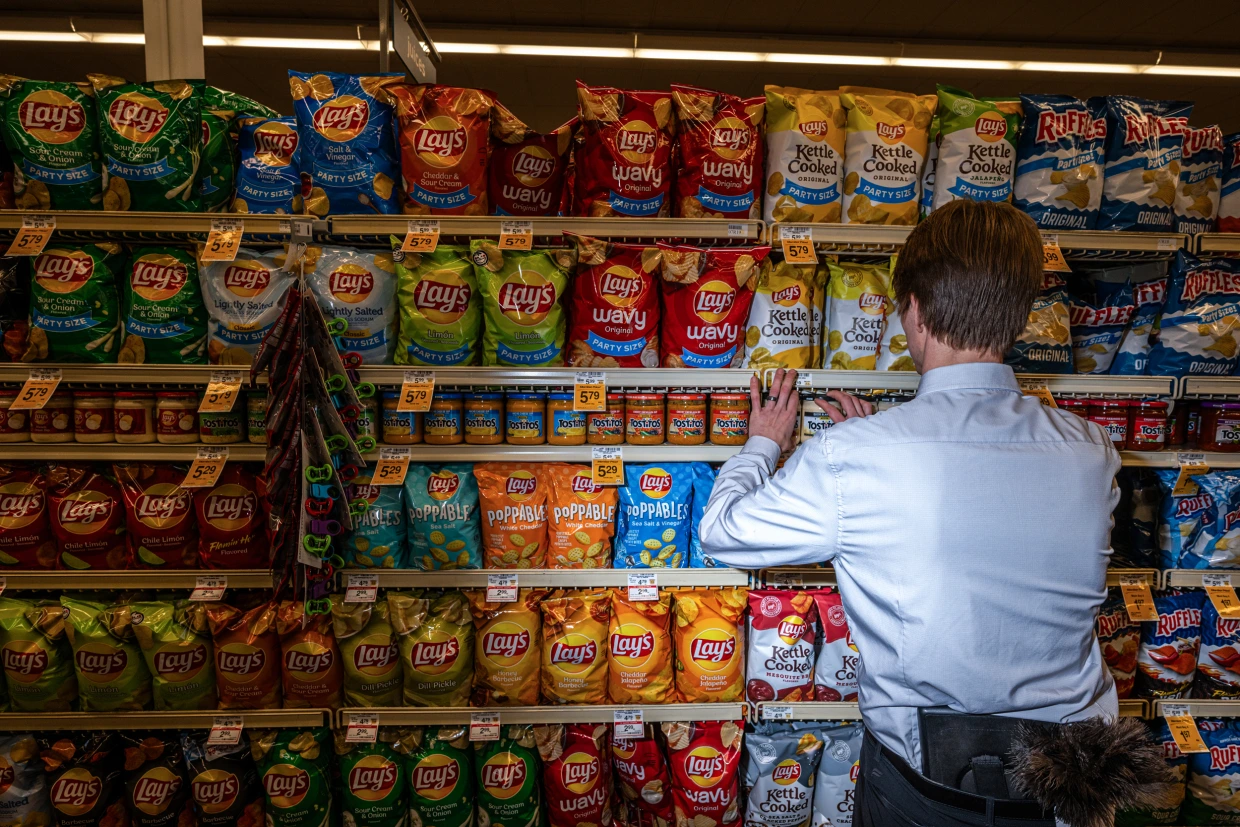AB2316
The California School Food Safety Act will require that food served during school hours be free from the following artificial food dyes: Blue 1, Blue 2, Green 3, Red 40, Yellow 5, and Yellow 6. Join the Food Fight and urge your representatives to support a world-class American food system free of toxic additives!
Pass the California School Food Safety Act
Click “Act Now” to quickly reach out directly to your elected representatives! Read the full bill text here.
These dyes can cause allergic reactions and have been linked to hyperactivity and neurobehavioral problems in some children. These dyes have been substituted for natural alternatives in the same products in other nations, where synthetic dyes are banned.
Did you know?
-
Red #40 is a food dye made from petroleum, has no nutritional value, contains benzene, a known carcinogen, and is associated with ADHD, irritability, depression, skin irritation, and migraines. (Cleveland Clinic)
-
Yellow #5 & #6 are food dyes made from petroleum, have no nutritional value, and have been found to be contaminated with benzidine and other carcinogens. (https://pubmed.ncbi.nlm.nih.gov/23026007/)
-
Blue #1 & #2 are food dyes made from petroleum, have no nutritional value, and pose potential health risks, such as hyperactivity in children, allergic reactions, and, in the case of Blue 2, possible carcinogenic effects based on animal studies. (Center for Science in the Public Interest)
-
Green Dye #3 is a food dye made from petroleum, has no nutritional value, and has been linked to the formation of tumors in male rats. (Center for Science in the Public Interest)









